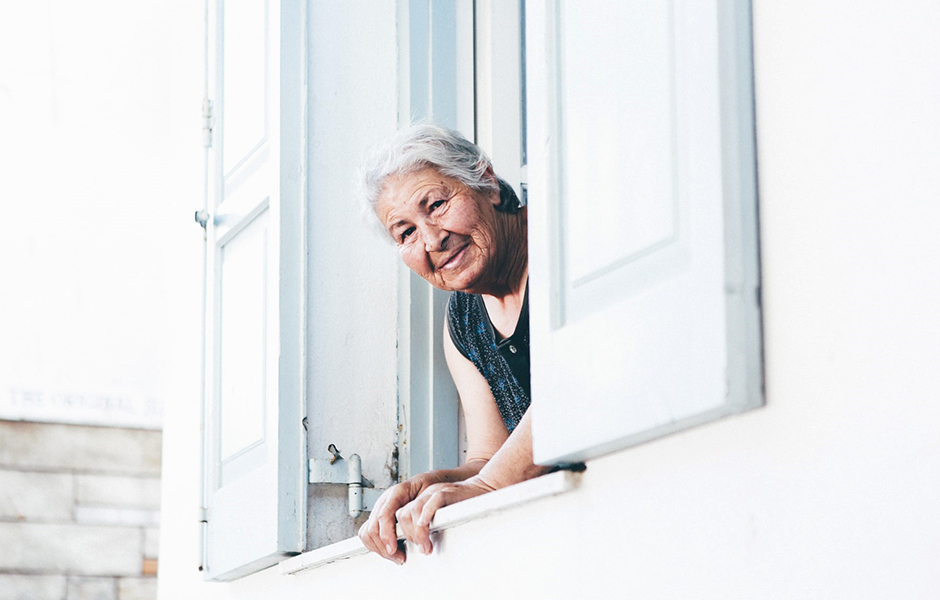A team from CINTESIS – Center for Health Technology and Services research /The University of Aveiro is participating in an innovative European Project on loneliness and social isolation of the elderly.
The project is entitled “MOAI LABS: Collective Intelligence and Social and Health Technology Laboratories to combat the isolation and loneliness of the elderly” and it emerges in the middle of the COVID-19 pandemic, at a time when this issue arises with special acuity.
“The COVID-19 pandemic has warned society about the need to take better care of the elderly and vulnerable”, say the CINTESIS.UA researchers, Oscar Ribeiro (principal investigator), Liliana Sousa, and Sara Guerra.
According to the experts, “the measures of isolation and social distance have had serious repercussions for the elderly who feel particularly alone and/or live isolated. Today, more than ever, it is urgent to find solutions”. It is known that the loneliness experienced by older people implies an increased risk of premature death, deterioration of physical and mental health, physical and cognitive decline, and loss of quality of life.
The “Living Labs” is an innovative approach
Financed by the European Regional Development Fund (ERDF), under the INTERREG SUDOE program, the MOAI LABS aims to create the first European transnational laboratory specializing in loneliness and open innovation.
“We are very motivated with this project. We will seek to use an innovative approach (the living labs) to characterize the loneliness and isolation of older people, to understand the challenges they are experiencing and, together with them, to seek digital solutions that help to promote their social participation”, explain the researchers.
These living labs, they say, will include groups of people who experience these phenomena (feeling alone and living in isolation) – known as “experts by experience”. They are people who will “work” with us from the beginning, to help us better understand the phenomenon, the challenges they live in and to develop solutions adjusted to their needs, situation, and expectations ”.
In short, it is “a collaborative approach, based on a co-design process, which seeks the involvement of these people from the beginning (thinking together about the “solutions”) to the end (testing/experimentation of the products we are going to develop)”.
Thus, different phases are foreseen, starting with the analysis of the phenomenon of loneliness and the “proposal for technological and social challenges”. There follows a phase of “collaborative generation of solutions and acceleration to the market”. Finally, an analysis of its impact on people, the community, and policies must be made.
With a global amount of almost one and a half million euros, the MOAI LABS project will be executed for 27 months, extending until the beginning of 2023. The project involves partners from Spain (Fundación INTRAS, Gerencia de Servicios Sociales de Castilla y León, FUNGE Formación y Empleo, LEITAT and Ticbiomed), France (Institut des Métiers de la Longévité e Mutualité Française Limousine) and Portugal (CINTESIS/The University of Aveiro and INOV INESC Inovação). The CASO50+, the Higher Institute of Social Service of Porto (ISSSP), the Porto4Ageing, and the Institute of Biomedical Sciences Abel Salazar of the University of Porto will collaborate with CINTESIS.UA.

